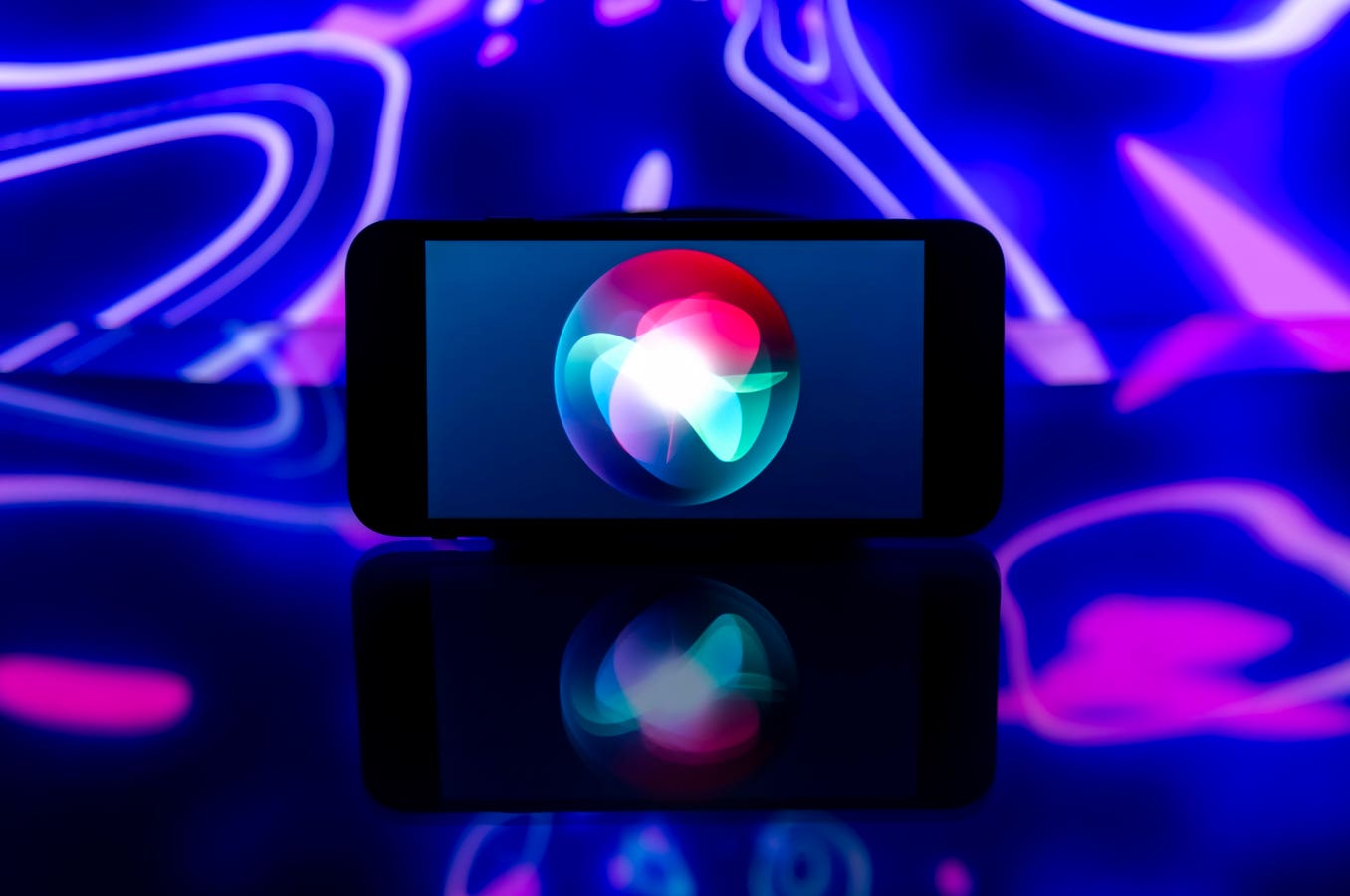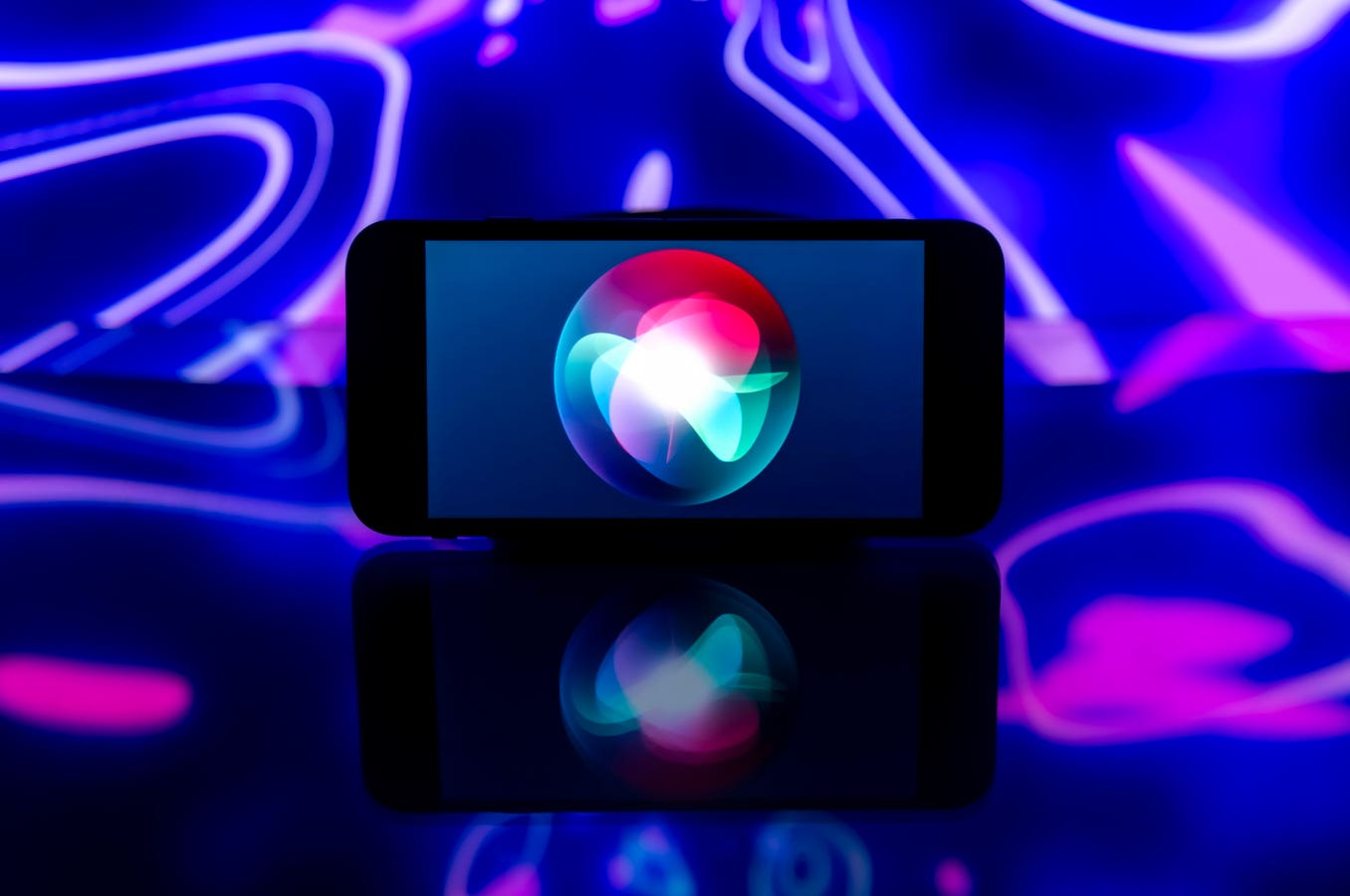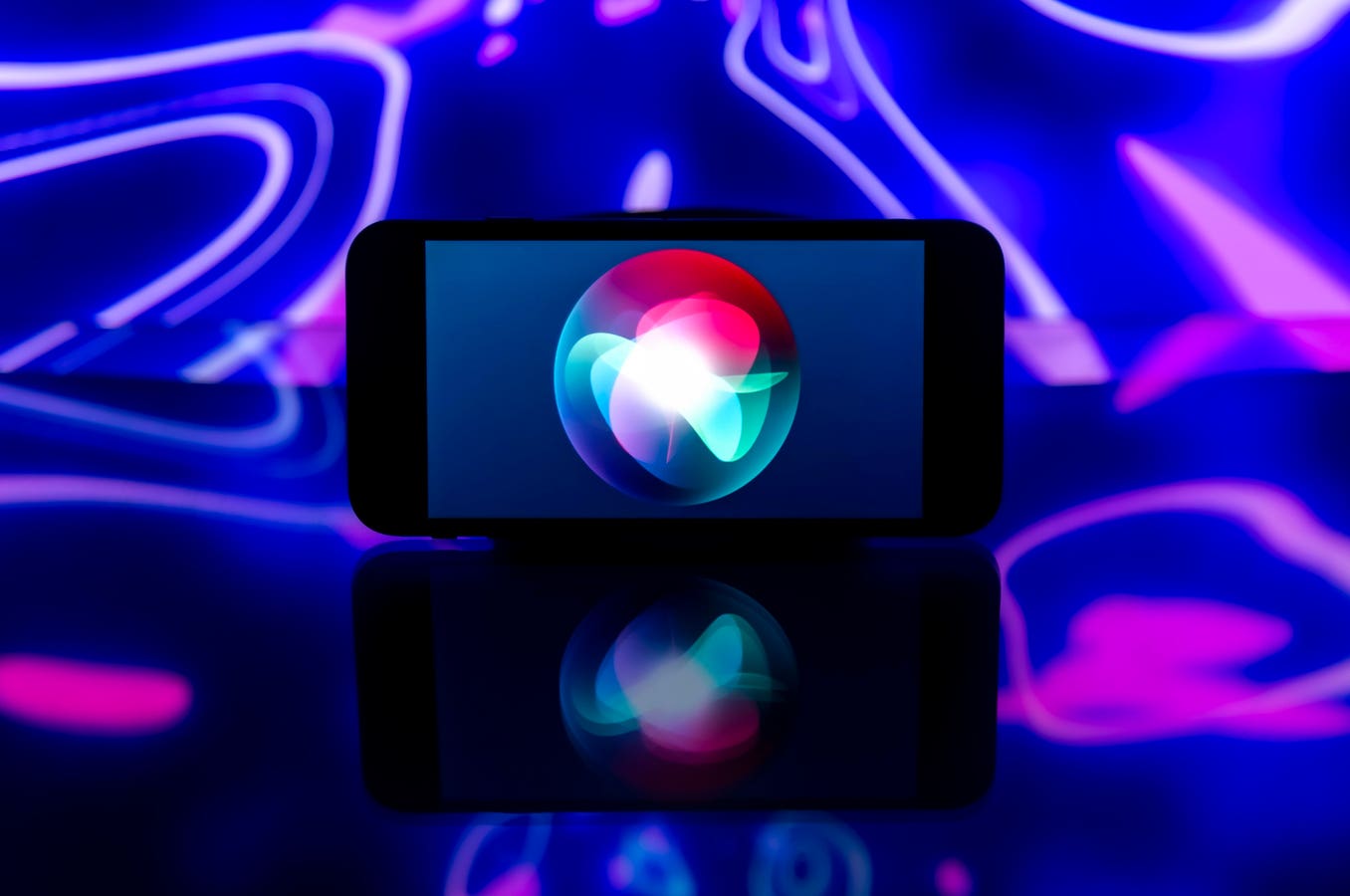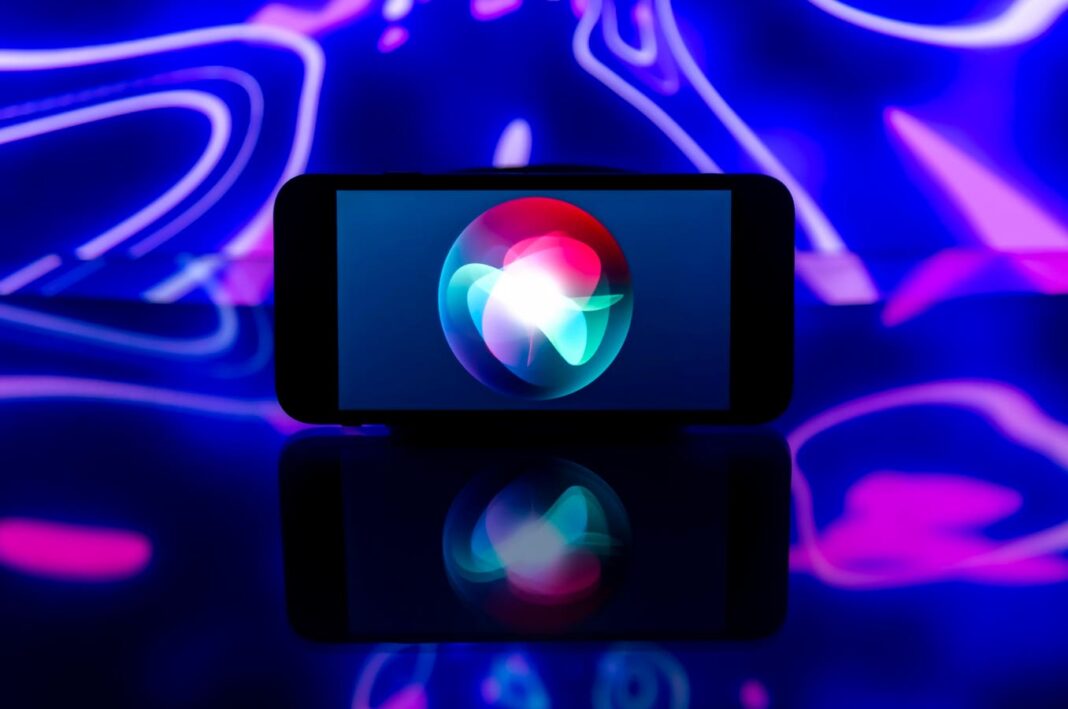## Did Siri Snoop on You? You Might Be Owed Money.
Remember those whispers you thought were just you talking to yourself? Turns out, your Siri might have been listening. A shocking lawsuit against Apple has just landed a major payout for users who claim their conversations were secretly recorded by the tech giant’s voice assistant.

But how do you know if you’re eligible for a piece of this settlement pie? And what steps do you need to take to claim your share?
We break down everything you need to know about the Apple Siri eavesdropping scandal and how to potentially get some compensation for your privacy.Making a Claim for the Siri Payout

Anyone who lives in the U.S., owned a Siri-enabled device and experienced an unintended activation of the voice assistant during a confidential or private communication between September 17, 2014, and December 31, 2024, can make a claim. If you owned an Apple device such as an iPhone, iPad, Apple Watch, or MacBook and Siri activated unintentionally during that period, you should have received an email or postcard including a Claim identification Code and Confirmation Code.
If you didn’t receive one of these and you think you are eligible for the Siri payout, you can still apply. However, be clear that you will need to share under oath that you experienced Siri activating by accident and that your private conversations were recorded by the voice assistant.

How to Submit a Claim Form
If you received the email or postcard, use the codes when making a claim via a valid Claim Form. If you didn’t receive anything, but you think you are eligible to claim, go to the Submit a Claim page and follow the instructions on how to submit a Claim Form.
Deadline for Filing Claims
The deadline to file your claim in the Siri eavesdropping case is July 2, 2025, with the final approval hearing to take place on August 1, 2025.
The maximum claim is $100 or $20 per device, up to five devices.
Implications and Analysis
Apple’s denial of wrongdoing and decision to settle to avoid costly litigation is a significant development in this case. The settlement fund is $95 million, which is a significant amount of money, but it’s also a small fraction of Apple’s massive fiscal year revenue of $93.74 billion.
The impact of the settlement on Apple’s profits will likely be minimal, but it’s a significant blow to the company’s reputation. The fact that Apple settled the case without admitting any wrongdoing raises questions about the company’s commitment to user privacy.
Apple’s statement on Siri data protection and privacy is also noteworthy. The company claims that Siri data has never been used to build marketing profiles and has never been sold to anyone for any purpose. However, the company’s history of collecting and using user data has been criticized in the past, and this settlement is a reminder that companies must be transparent about their data collection practices.
Practical Aspects
One of the most important things you can do to ensure your privacy when using Siri is to disable it when you’re not actively using it. You can do this by going to the Settings app on your iPhone or iPad and scrolling down to the Siri & Search section. From there, toggle off the switch next to “Listen for ‘Hey Siri’.”
Additionally, you can use the “Do Not Disturb” feature to silence Siri when you’re in a meeting or other situations where you don’t want to be disturbed. To do this, go to the Settings app and scroll down to the Do Not Disturb section. From there, toggle on the switch next to “Scheduled” and set the times when you want to silence Siri.
Update on Apple’s iOS 18.2
Apple’s latest update to its operating system, iOS 18.2, includes a number of new features that are designed to improve Siri’s performance and accuracy. However, the update also includes a number of changes that could affect your privacy.
For example, the update includes a new feature called “AI-powered Siri” that uses artificial intelligence to improve Siri’s ability to understand your voice and respond to your requests. While this feature could make Siri more useful, it also raises concerns about the potential for the company to use this data to build marketing profiles and sell it to third-party companies.
Conclusion
The Verdict is In: Apple Siri Eavesdropping Payout Approved – What’s Next for Consumers?
In a significant development, a payout has been approved for individuals who claim their personal information was compromised due to Apple’s Siri eavesdropping issue. The article highlights key points, including the fact that affected users may be entitled to a cash award, the process for making a claim, and the importance of taking swift action to avoid missing out on potential compensation. We also delved into the main arguments surrounding the issue, including the role of technology in protecting user data and the responsibility of companies like Apple to safeguard consumer information.
The significance of this payout cannot be overstated, as it sets a precedent for holding tech giants accountable for their handling of user data. The implications are far-reaching, with potential ripple effects on the tech industry as a whole. As consumers, it’s essential to stay vigilant and demand greater transparency and security from companies that collect and store our personal information. Looking ahead, this development may lead to increased scrutiny of AI-powered virtual assistants and a greater emphasis on data protection measures. It’s a wake-up call for the tech industry to put consumers’ interests first.
As we move forward in this increasingly digital landscape, one thing is clear: consumers deserve better. The Apple Siri eavesdropping payout is a critical step towards holding companies accountable for their actions. But it’s not just about the money – it’s about setting a new standard for data protection and ensuring that our personal information is treated with the respect and care it deserves. The question now is: what’s next for consumers, and will the tech industry rise to the challenge?
